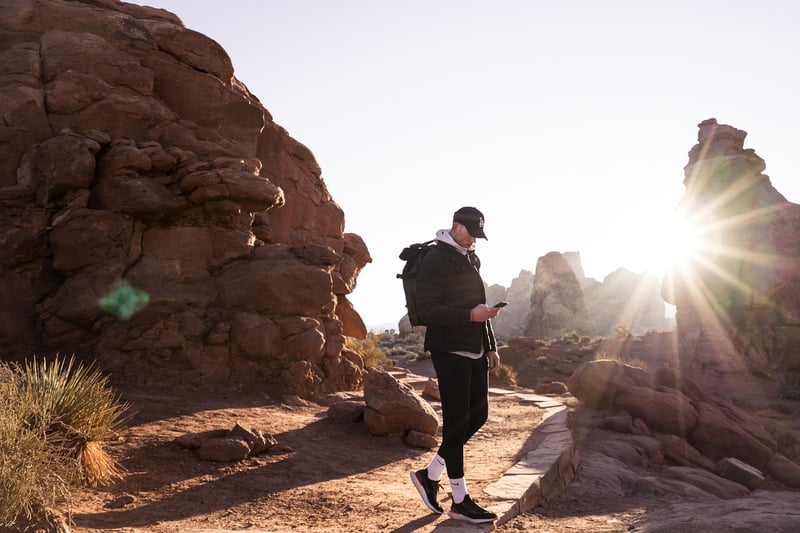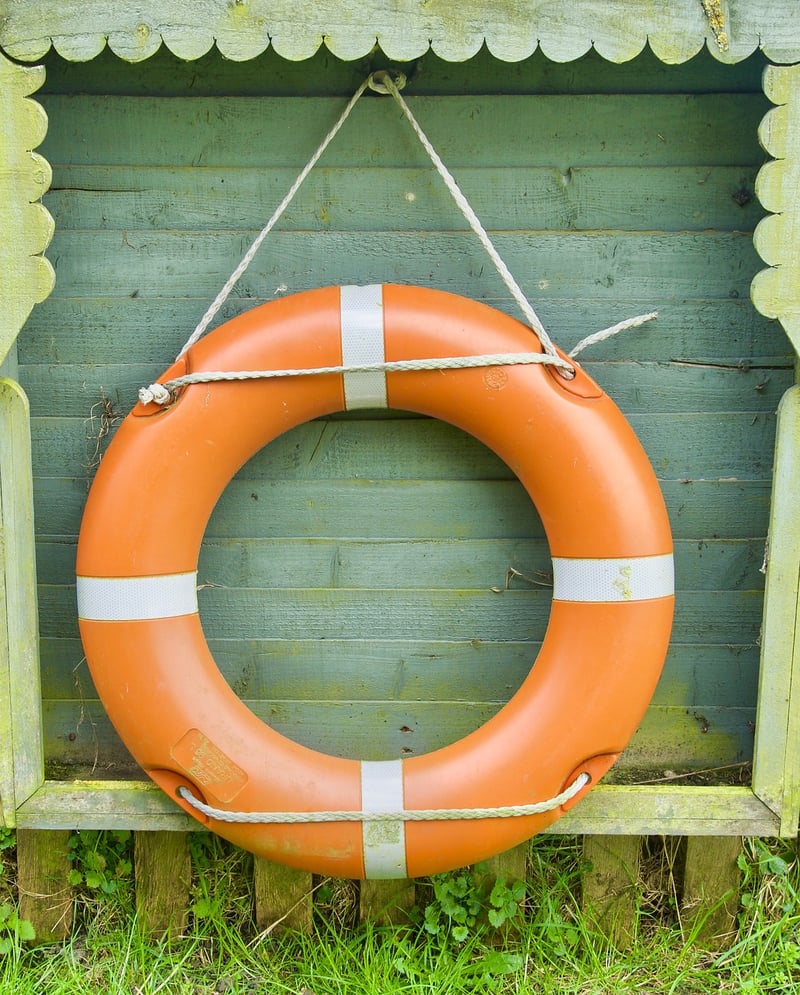Survival Tests
Surviving the Wild: Overcoming Thrilling Obstacles and Survival Tests
When venturing into the great outdoors, one must be prepared to face thrilling obstacles and survival tests that will push both physical and mental limits. Whether you are an experienced outdoor enthusiast or a novice adventurer, having the right skills and mindset can mean the difference between a memorable experience and a dangerous situation. Let's explore some of the key challenges you may encounter and how to overcome them.
1. Navigating Treacherous Terrain
From dense forests to rugged mountains, navigating through challenging terrain is a common obstacle for outdoor enthusiasts. Equip yourself with a reliable map, compass, and GPS device. Learn how to read topographical maps and use natural landmarks to orient yourself. Remember to stay calm and focused, and always prioritize safety over speed.

2. Surviving Extreme Weather Conditions
Weather in the wilderness can be unpredictable and harsh. Be prepared for sudden changes in temperature, heavy rain, snow, or intense heat. Pack appropriate clothing layers, a waterproof shelter, and extra food and water. Knowing how to build a fire and signal for help can also be life-saving skills in extreme conditions.

3. Finding Food and Water Sources
In a survival situation, finding food and water is essential for sustaining energy and hydration. Learn to identify edible plants, catch fish, and purify water from natural sources. Carry a portable water filter or purification tablets in your survival kit. Remember to conserve energy and ration your food supplies wisely.

4. Overcoming Fear and Isolation
Spending time alone in the wilderness can be a daunting experience, especially for those unaccustomed to solitude. Develop mental resilience by practicing mindfulness, meditation, or breathing exercises. Keep a positive attitude and focus on small achievements to boost morale. Remember that fear is natural but can be overcome with courage and determination.

5. First Aid and Emergency Response
Accidents and injuries can happen when exploring remote areas. Carry a well-stocked first aid kit and know how to administer basic medical care. Learn essential first aid techniques such as treating wounds, fractures, and hypothermia. In case of emergencies, stay calm, assess the situation, and signal for help using available resources.

By preparing mentally and physically for the challenges of the wilderness, you can enhance your survival skills and enjoy a truly rewarding outdoor experience. Remember to always respect nature, leave no trace, and prioritize safety above all else. Embrace the thrill of overcoming obstacles and survival tests, knowing that each adventure makes you stronger and more resilient.
